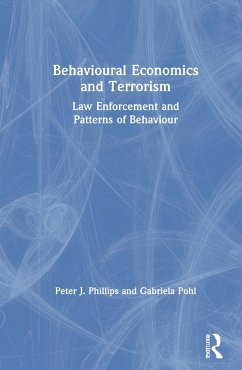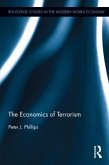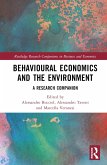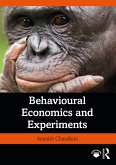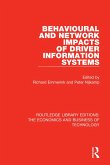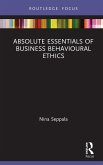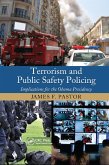Behavioural Economics and Terrorism can be used as a guide to help us think about thinking and, in doing so, to appreciate the deep quirkiness of human behaviour. Each day, people draw on their understanding of human behaviour. This takes place subconsciously for the most part but as situations become more complex it becomes necessary to think more deliberately about how people make their decisions. This book can be used to better understand human action in such contexts. In the high-stakes world of counter-terrorism, every angle of advantage is critical. From terrorists' operational choices to the way that information flows through intelligence agencies, the book explains the patterns of behaviour that systematically shape human decision-making, for good and for bad. Decision-makers' use of reference points, their loss aversion, overconfidence, goals and aspirations all shape their choices under conditions of risk and uncertainty. This book helps to shed light on how to use these concepts (and more) to develop deeper insights into the way in which terrorists think about their attack methods and targets.
Hinweis: Dieser Artikel kann nur an eine deutsche Lieferadresse ausgeliefert werden.
Hinweis: Dieser Artikel kann nur an eine deutsche Lieferadresse ausgeliefert werden.

